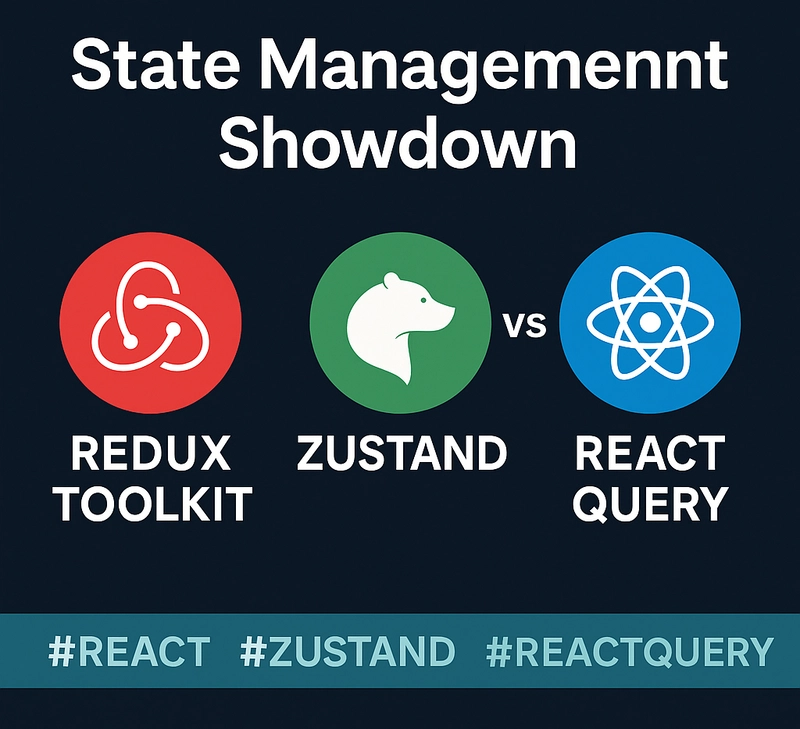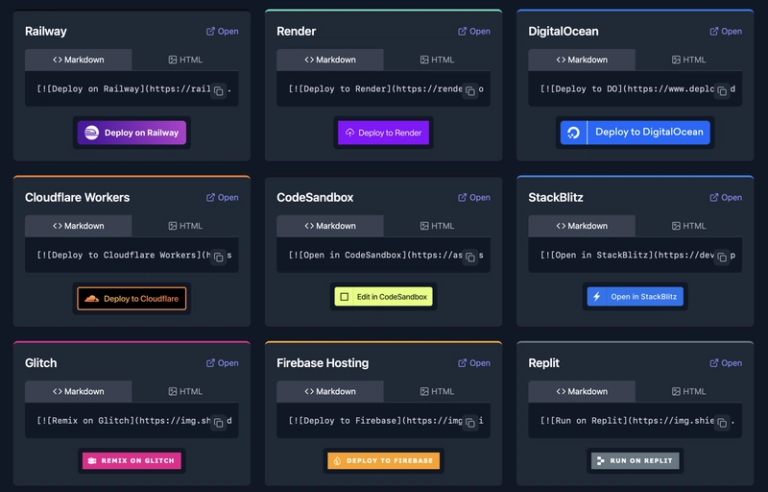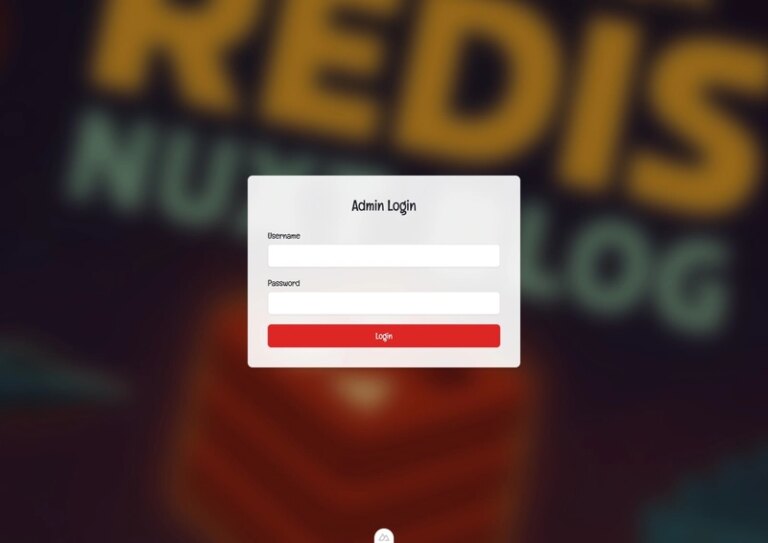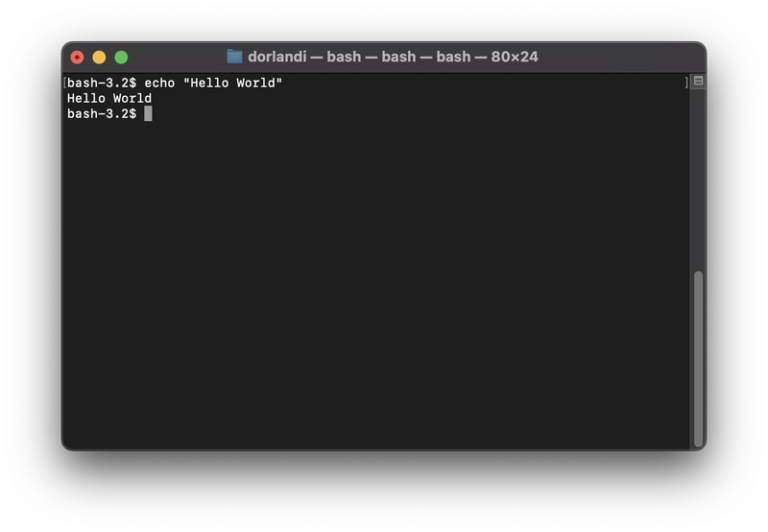State Management Showdown – Redux Toolkit vs Zustand vs React Query
✍️ Intro:
Not all state is created equal — and neither are the tools that manage it.
If you’re building a scalable React/Next.js app, choosing the right state manager can make or break your performance, DX, and sanity.
In this post, we’ll compare Redux Toolkit, Zustand, and React Query, not just by theory — but how they behave in real-world frontend apps I’ve worked on.
Let’s simplify the confusion.
🧠 What Type of State Are We Talking About?
Before choosing a library, always ask:
“Is this state local, shared, or remote?”
| Type | Example | Best Tool |
|---|---|---|
| UI State | Modal open, input values | Zustand or useState |
| Shared State | Auth, theme, cart items | Zustand / Redux |
| Server State | API data (GET/POST), pagination | React Query |
🔴 Redux Toolkit
✅ Pros:
- Time-tested, robust ecosystem
- DevTools, middleware, type-safe with TS
- Powerful for large apps with complex shared state
❌ Cons:
- Boilerplate-heavy (actions, reducers)
- Verbose for simple cases
- Can be overkill for modern SPAs
🔍 Use it when:
- You need full control and structure
- You’re building a multi-feature enterprise dashboard
- Your team is already aligned on Redux patterns
🟢 Zustand
✅ Pros:
- Minimal API, zero boilerplate
- React-friendly — hooks, selectors, built-in immutability
- Great for small/medium apps or modular features
❌ Cons:
- Less structure (can get messy in large teams)
- Lacks built-in devtools (need plugins)
- Doesn’t handle server state out of the box
🔍 Use it when:
- You need shared state without Redux ceremony
- You’re working solo or on a fast-moving feature
- You want React-like simplicity in global state
🔵 React Query (TanStack Query)
✅ Pros:
- Built-in caching, deduping, pagination
- Handles retries, loading states, background fetches
- Plug-and-play for REST or GraphQL
❌ Cons:
- Not meant for app-wide state (like auth/theme)
- Requires mindset shift (think: server cache, not “global store”)
🔍 Use it when:
- You’re fetching data from API
- You want automatic performance boosts
- You need pagination, caching, stale-while-revalidate behavior
🛠️ Real World: How I Use Them
In projects like:
- Kreate Energy (Next.js + GraphQL) → used React Query + lazy loading
- GENAI Doc Analyzer (React + Zustand) → shared config via Zustand
- P9 Internal Platform → used AngularJS, but Redux-like patterns
What I’ve learned:
Don’t marry a tool. Marry the problem you’re solving.
🔚 Conclusion:
| Use case | Best pick |
|---|---|
| Complex shared logic | Redux Toolkit |
| Lightweight shared state | Zustand |
| API/server state with caching | React Query |
👉 Combine them when needed.
👉 Avoid premature abstraction.
👉 Keep it lean until it hurts.
🔖 Tags:
#react #nextjs #redux #zustand #reactquery #webdev #frontend #performance




